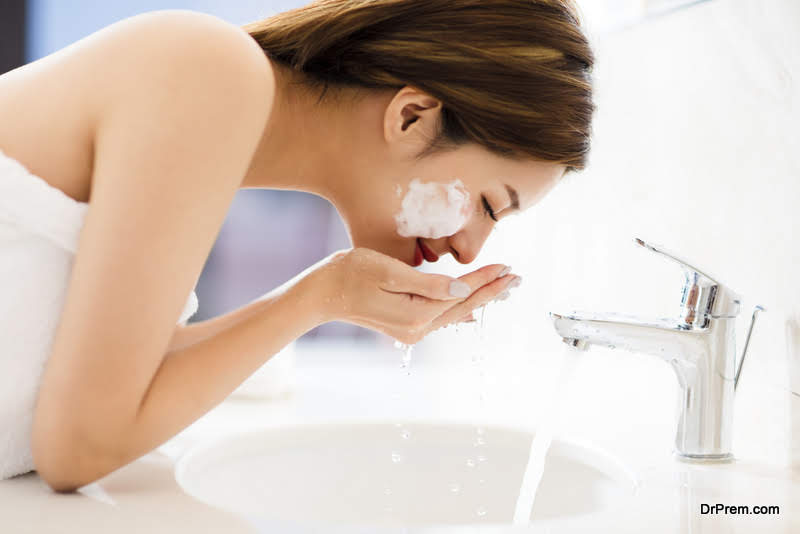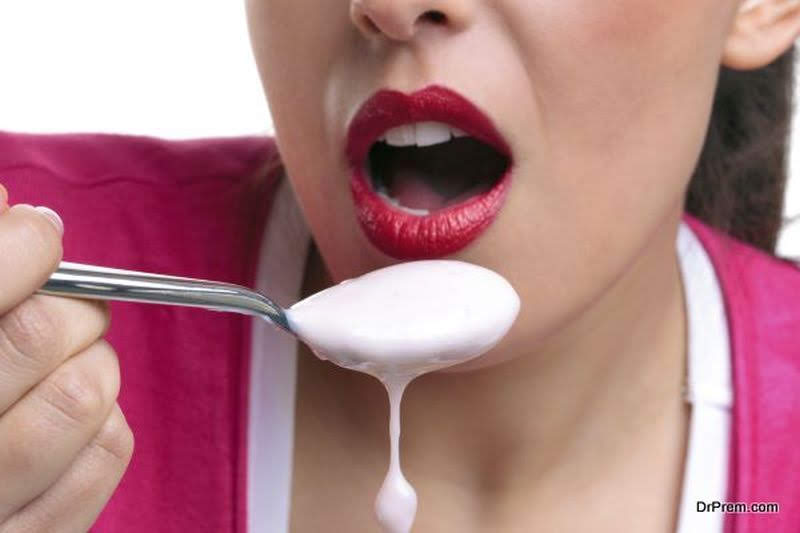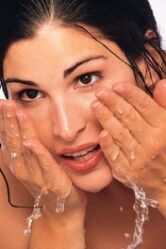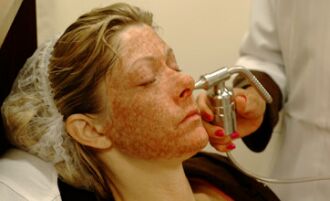A staggering 85 million people in the US — that’s how many suffer from skin diseases each a year. From psoriasis to dermatitis to scaly and dry skin, there’s a long list of skin maladies.
The good news is, there are several tricks on how to get smooth skin that doesn’t involve a dermatologist. These are at-home skincare methods that may help treat and keep skin conditions at bay.
Ready to make your skin clear, healthy, and young-looking once more? Then keep reading, as we’ve rounded up some of the top ways to help you achieve optimal skin smoothness!
1. Don’t Just Nap — Sleep
It turns out that the term “beauty sleep” does have a scientific basis. Conversely, lack of sleep has shown to induce more wrinkles, fine lines, and droopy skin. Sleep-deprived people also look more fatigued than those who get enough ZZZs.
One reason behind this is that sleep deprivation robs the body of its time to recuperate. After all, it’s during sleep that the body — including the skin — heals and recovers. A recent study even discovered that sleeping helps hasten wound healing!
Also, it’s during the sleep cycle that the body generates a large number of growth hormones. This is particularly true during deep non-rapid eye movement sleep (NREMS).
GH is vital to skin health because it stimulates collagen synthesis. Collagen, in turn, is the protein responsible for the structural integrity of the skin. It also helps prevent the skin from sagging, while keeping it tight and firm.
So, if you always lack sleep, your skin will be the first to reveal the evidence. That’s why you should never skimp on sleep if you want to get smooth skin. At the very least, adults should sleep for seven hours.
2. Cleanse with Colloidal Oatmeal
One of the best ways on how to make your skin softer is to use a gentle facial scrub. If you’d rather use all-natural ingredients, consider making a colloidal oatmeal cleanser. You simply grind up organic oatmeal to a fine powder, mix it with water to make a paste, and use it as a facial scrub.
Why oatmeal, though?
First, oats boast of saponins, which are natural soap-like substances. That’s why they can be a great organic alternative to commercial soaps and facial washes.
Oats are also quite absorbent so they can soak up excess sebum, dirt, and other skin pollutants. These substances can all contribute to skin conditions like acne and roughness.
Colloidal oatmeal also has potent antioxidant and anti-inflammatory activities. As an antioxidant, it can help the skin recover from the damaging effects of free radicals. Free radicals are substances that can cause premature skin cell death.
As an anti-inflammatory, colloidal oatmeal can help ease inflammatory skin conditions. These include skin scaling and roughness. It has even shown to minimize dryness and itchiness.
3. Always Wash Your Face Before Heading to Bed
The skin itself is home to at least 1,000 bacterial species. Many of these are necessary, as they provide a layer of protection on the skin. Some are also critical in maintaining the skin’s optimal pH levels.
Unfortunately, external elements, such as air pollutants, can still settle on the skin. Many studies have associated air pollution exposure to inflammatory skin conditions. Aside from acne, these include dermatitis, eczema, and psoriasis.
That’s why you should never sleep without washing your face first. You don’t have to use fancy foams or scrubs each night — a gentle cleanser will suffice. What’s important is to get rid of all that accumulated dirt on your skin.
4. Don’t Let Dry Skin Stay Dehydrated
Moisturizers, which can take the form of serums or creams, supply water to the skin. They also use some form of humectants, which are substances that trap moisture in the skin.
Together, these ingredients work to create a seal on the surface of the skin. The seal then helps block the escape route of water, thereby keeping the skin hydrated.
With that said, these skincare products can play a vital role in preventing or easing the signs of dry skin. In this way, they may also help protect you from acne, since dry skin can make you more prone to breakouts. That’s because a lack of moisture can lead to the skin excreting more sebum.
5. Get More Good Bacteria into Your System
Probiotics, while more famous for their gut benefits, may also help keep acne at bay. That’s because these “good bacteria” produce antibacterial proteins that ward off P. acnes. P. acnes is the main bacterial species associated with the development of acne.
If you’re prone to acne, it’s time to add probiotic-rich foods, like kimchi, miso, and yogurt, to your diet. There are also topical probiotics that you can incorporate into your skincare regimen.
Besides, there’s also some evidence that probiotics may help ease atopic dermatitis. Ingestion of these good bacteria may also help boost the skin’s recovery from UV exposure. Moreover, it may help improve indications of reactive or inflammatory skin conditions.
6. Slather on the SPF
Even if you spend most of your time indoors, so long as it’s by the windows, you can still get exposed to UV rays. Moreover, up to 80% of UV radiation can permeate the skies (and your skin) during cloudy days.
You don’t even have to stay under the sun for the entire day to experience sunburns. However, direct and chronic UV exposure can put you at an even higher risk for skin cancer. It can also lead to actinic keratoses, which are rough patches of skin that can progress to cancer.
That said, everyone — not just those who have sensitive skin — needs to use sun protection. At the very least, you should apply an SPF 15 sunscreen every two hours. If you spend a lot of time outdoors, go for SPF 30 or higher.
7. Master These Tricks on How to Get Smooth Skin Now

Ready for more of the latest in health, lifestyle, and entertainment? Then please feel free to check out the rest of Luxe Beat Magazine and bookmark the site while you’re at it!
Article Submitted By Community Writer







